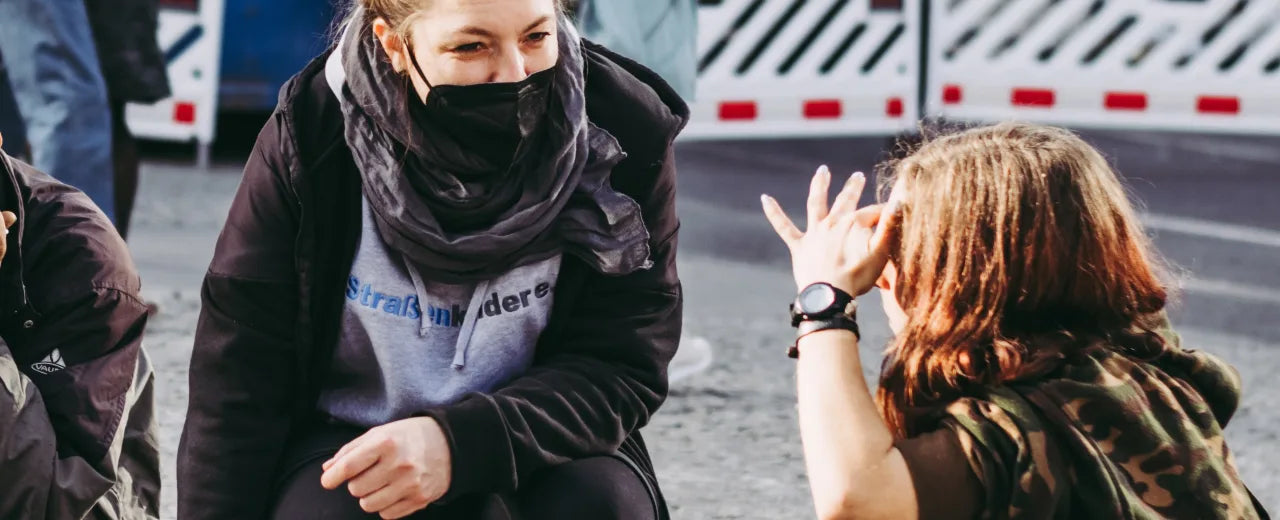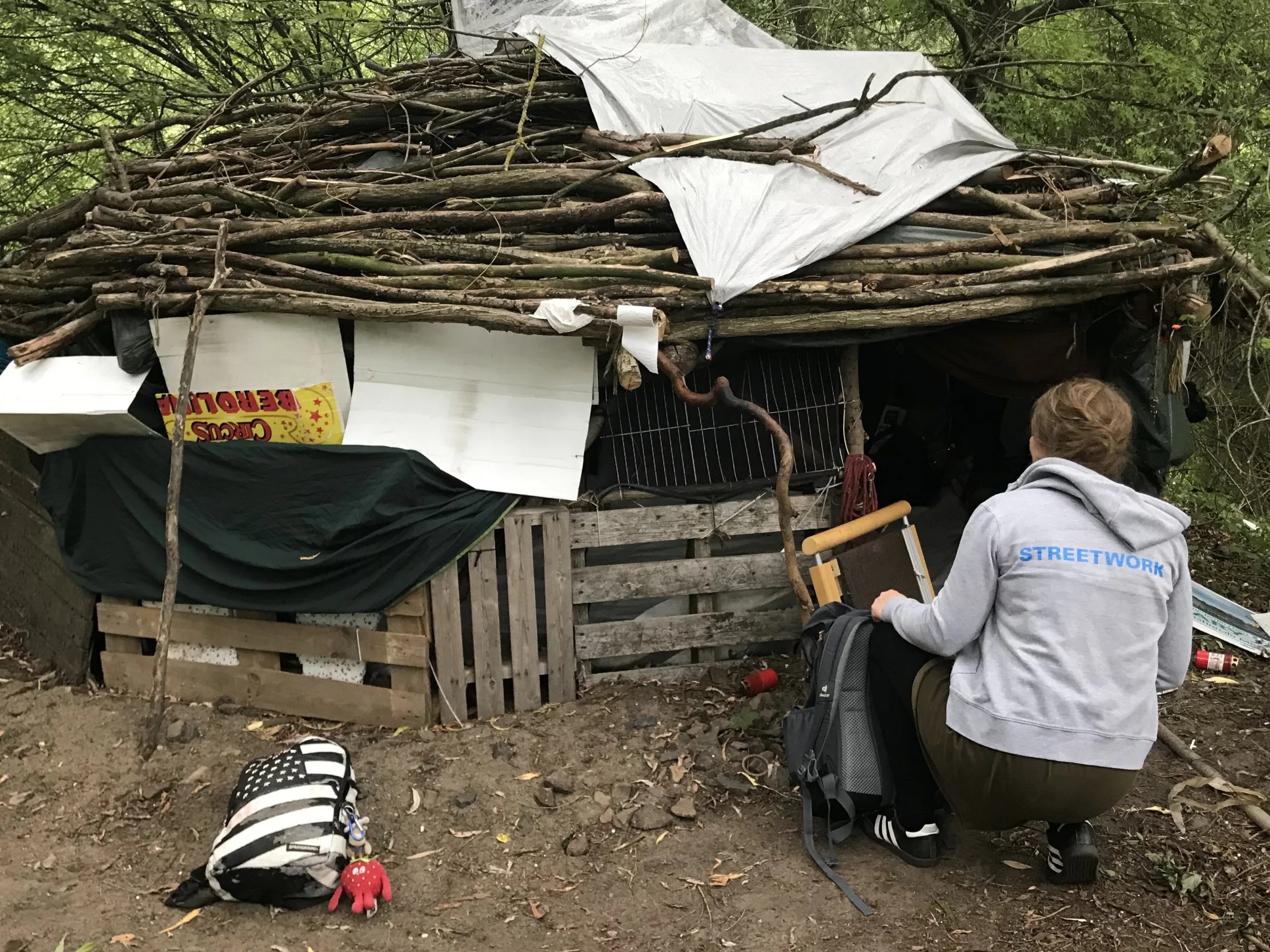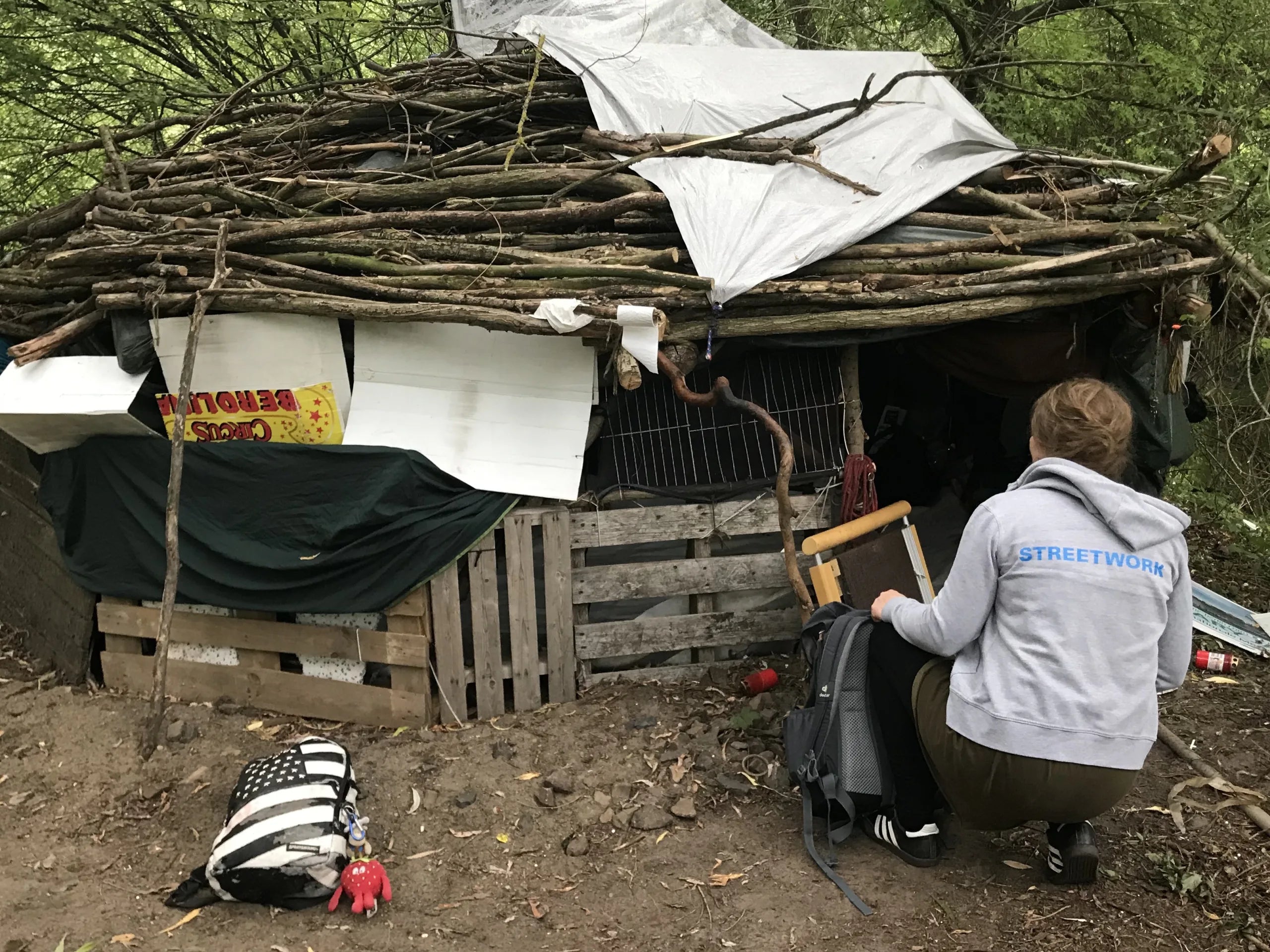Day 24
2 min. Advice to get homeless kids off Berlin's streets
 In action for street children in Germany In action for street children in Germany
In action for street children in Germany In action for street children in Germany


Offer young homeless people a way back into our society

Sarah Connor presents her favorite project
need
Counselling services for street children in Berlin
activity
Provision of premises, staff and technical equipment for daily social and legal advice and support in dealing with authorities
Measurable performance
Number of counseling hours for street children
Result
30 more street children were regularly accompanied in the process of reintegration and were thus able to find their way back into society
Systemically relevant impact
Shortening the lives of street children through more effective and efficient counselling and the associated reduction of homelessness
background


The good deed
About Germany
Berlin
Capital city
84,079,811
Population
48,432.5
Gross domestic product
per capita per year
0.942
Human Development Index
(Human Development Index)





